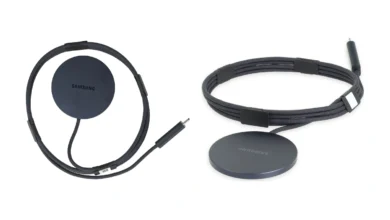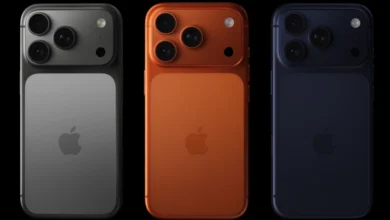Apple Could Lean On Other Brand For AI System: Here’s The Reason Behind Story

iPhone users are already waiting for the next major software update, which is iOS 18. This time, the expectations are high from Apple, as there’s already a lot of buzz around iOS 18 regarding what new changes, improvements, and upgrades it will bring. Apart from all, as expected, it could be a major upgrade for Siri; somehow credit goes to Generative AI.
Leaks and rumors are roaming around that Apple is actively gearing up for AI in iOS 18. The reports are reporting that Apple built its generative AI codenamed Apple GPT, but for this, the giants might use another brand’s system. The higher possibilities are from Google’s Gemini, ChatGPT of OpenAI, and Anthropic.
Although it is expected that Apple, instead of depending on another brand completely, might use a mix of its own as well as external AI for iOS 18, Here mix stands for a homogenous mixture of third-party AI, Apple’s own AI, and a hybrid approach. As mentioned above, Apple may rely on the generative AI systems of Gemini, ChatGPT, or Anthropic, and all of these would probably be cloud-based for complex tasks.
Apple’s own ‘Apple GPT’ could handle simpler tasks on the smartphones themselves and offers an improved and stronger layer of privacy as well as responsiveness. As per the reports of journalist Mark Gurman, it is reported that the Cupertino brand possibly permits the users to choose their AI assistant, the same as choosing a search engine, which means the users might get the power to choose Siri powered by AI systems; for instance, Gemini or ChatGPT.
It’s pretty obvious that running powerful AI needs a lot of resources, but it seems that initially, Cupertino giants might want to avoid this. However, permitting users to choose between their AI assistants sounds unusual for Apple, but undoubtedly it could be advantageous for it in terms of revenue. The way Google pays Apple to be the default search engine, it’s quite possible that other AI brands could also pay Apple to be the preferred assistant on iPhones. Plus, this trick could also reduce costs. For instance, maintaining powerful AI requires a lot of resources, so by using a third-party system, Apple can easily tackle things.
In short, the benefit behind this planning by Cupertino giants is that it avoids headaches in many ways, such as building AI for different regions, which is complex enough. Conversational AI can also be tricky regarding privacy and ethics.
Apart from all this, nothing more reports have come to light, but it is expected that at WWDC 2024, more details regarding Apple’s AI plans and how third-party assistants might work will be revealed.



